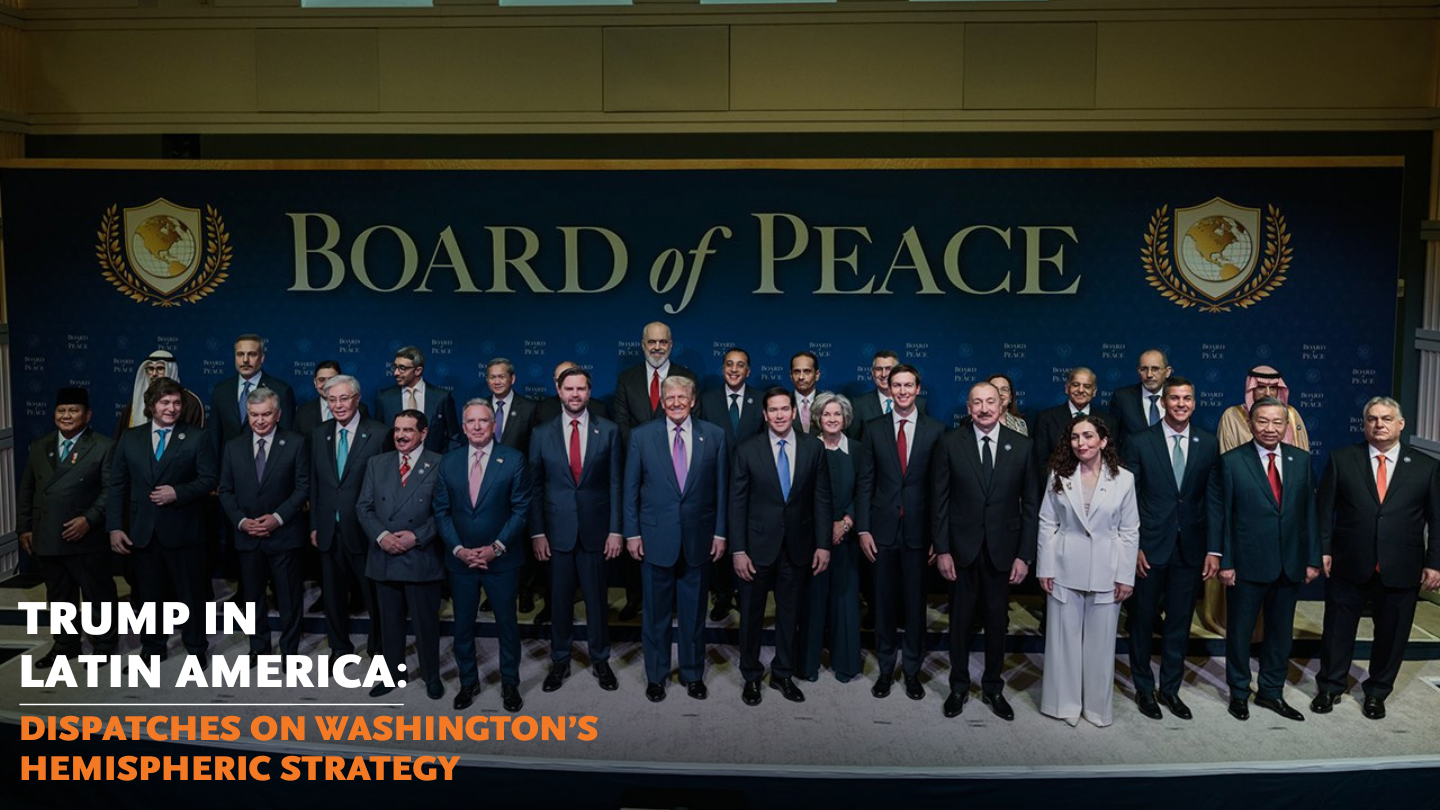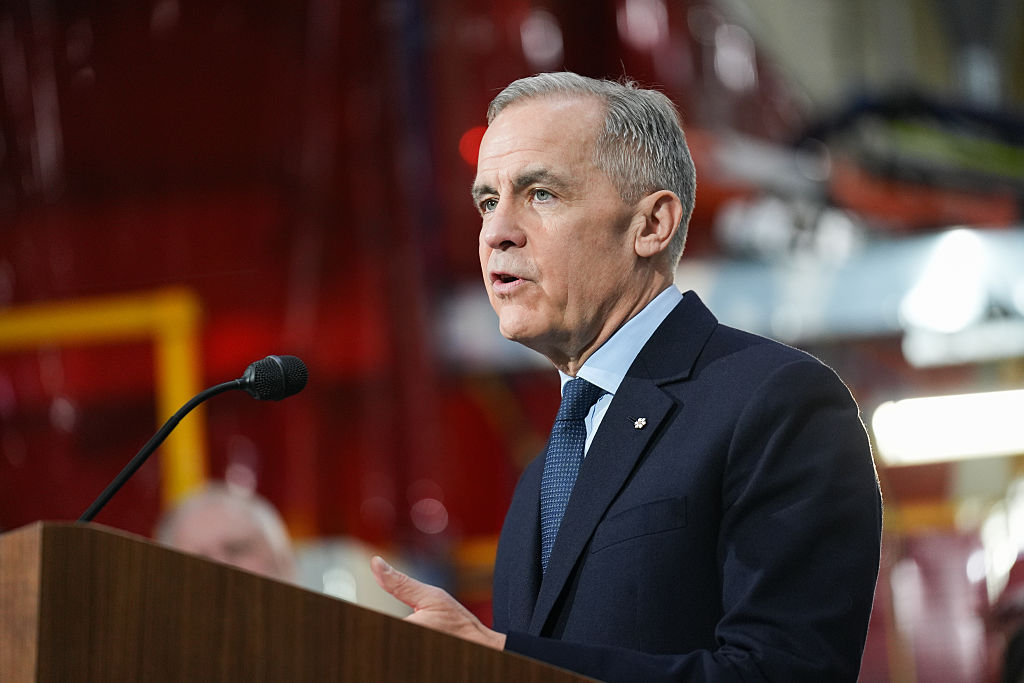Three Priorities Obama Should Pursue for Summit of the Americas
Three Priorities Obama Should Pursue for Summit of the Americas
In an op-ed for The Miami Herald, AS/COA’s Eric Farnsworth urges the White House to make democracy, energy, and trade the top agenda items when U.S. President Barack Obama meets with regional leaders at the 2012 Summit of the Americas.
When President Obama arrives Friday in Cartagena, Colombia, for the Sixth Summit of the Americas, he will find a region newly confident in its future, diversified in its relationships, seeking partnership with the United States but on its own terms. Led by Brazil, whose leader Obama met with in Washington on Monday, the region’s economic expansion has been impressive even during the most recent global economic downturn, with a growing middle class and significant reductions in poverty.
It is also becoming apparent, for those who may have doubted, that the battle for Latin America’s soul is being won by those nations that have pursued a broadly social democratic course. Those that have pursued a populist path while seeking to maintain political legitimacy through strident anti-Americanism are getting left behind.
Troubling, though, is the acceleration of an apparent decoupling from the United States across the region. Along with a deeply divided OAS that the United States itself has largely ignored, nations south of the Florida Keys are seeking a new direction in hemispheric relations in part by creating new political and economic institutions that exclude the United States and Canada.
Some observers attribute this to U.S. stubbornness on Cuba, immigration, and drugs, and claim that the responsibility lies squarely with the United States to remake the hemispheric relationship. Certainly these are difficult issues and they will, without doubt, be raised in Cartagena with a range of motives from sincerity to disingenuousness. The president will want to listen carefully and acknowledge that these are long-standing issues that require a consensus in Washington on both sides of Pennsylvania Avenue.
But it is a fundamental misread of hemispheric relations to suggest that, were these issues addressed to the complete satisfaction of certain regional leaders, they would not then find new issues, equally difficult, for which to condemn the United States and continue the path toward disengagement. The reality is that it is not about specific policies pursued by the United States, it is the unbalanced nature of the relationship with the United States itself. Whereas Washington looks at the region in terms of a partnership that adds value to hemispheric relations broadly, others in the hemisphere look at partnership as a zero-sum game; we win at their expense and vice versa.
It is this mindset that will greet Obama in Cartagena. Cuba has already been an issue in the run up to the Summit; Ecuador’s Rafael Correa has vowed to stay away. No matter. By focusing on directly relevant issues that the attending leaders can address together, the president will be able to establish a positive agenda that will attract the interest of the region. He should focus on three areas: democracy, energy, and trade.
In the first instance, the pre-summit Cuba flap can be used for a full-throated defense of democracy, not limited to elections but also including independent and effective judiciaries and legislatures and freedom of the press, among other hemispheric challenges. Free and fair elections are important but they are not enough, and in this 11th anniversary year of the Inter-American Democratic Charter, it’s time to say so and also to work with like-minded leaders to prevent a further deterioration.
Second, the president must have something to say on energy beyond technical cooperation on biofuels. The story that dwarfs all others at this point is natural gas, which is rapidly changing energy relationships in a manner unthinkable as recently as the last Summit of the Americas in Trinidad and Tobago. U.S. supplies are huge and relatively cheap. A partnership on clean energy would reduce the cost of electricity in the region, ensure reliability of supply, improve the investment climate, and help address climate change.
Finally, the president must have something concrete to say on trade. The Free Trade Areas of the Americas, a signature project from the original Summit in Miami, is on indefinite hold. But the Trans-Pacific Partnership (TPP) offers an exciting opportunity to connect the United States and several motivated trade partners of the United States with the most dynamic economic region—Asia. He should be clear that the United States would welcome Canada, Mexico, host country Colombia, Panama and other Latin American nations into the TPP, while creating a pathway for others such as Uruguay. No longer can the United States afford to have our strategic trade ambitions bottled up by nations in the hemisphere that refuse to get to yes.
By laying out a strategic vision for the region on democracy, energy, and trade, he will reestablish the link with the United States as an indispensable nation in the Americas, in favorable contrast to others. And, with hemispheric drift accelerating, that would be a very good place to begin.
Eric Farnsworth is the vice president and Washington office head of the Americas Society/Council of the Americas.








